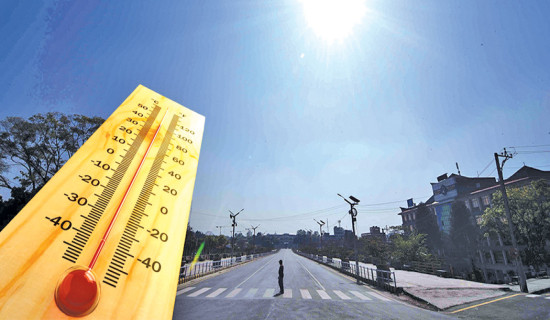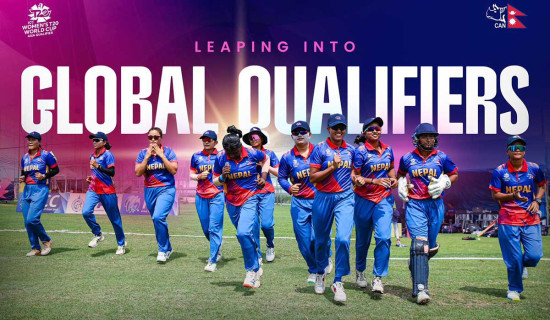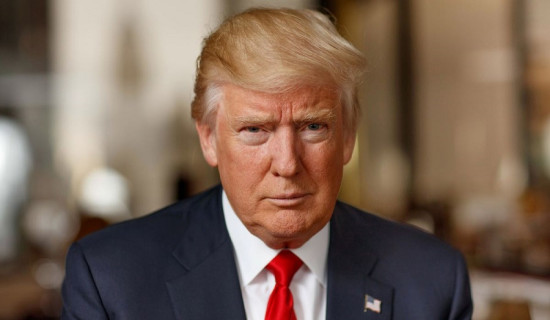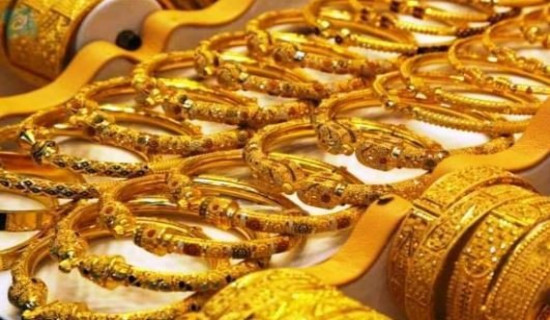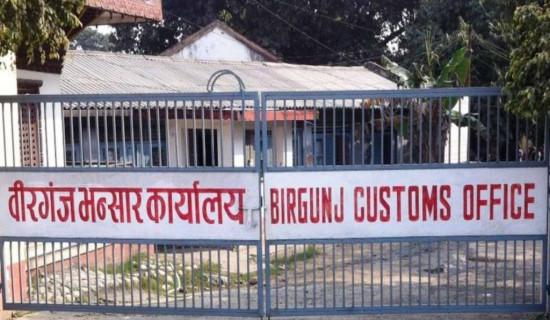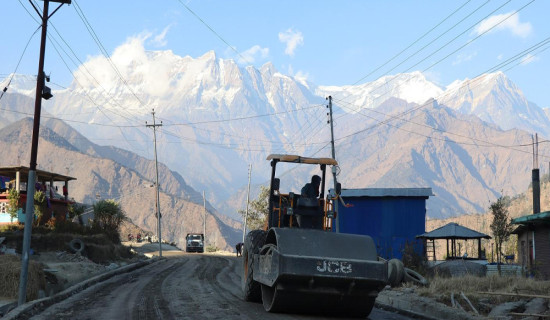- Tuesday, 23 December 2025
Posture On Free Press And Assange
An Australian citizen, now imprisoned in the United Kingdom, is wanted by the United States to face charges which could incarcerate him for up to 175 years! What did Julian Assange, 52, do to attract such extraordinary attention?
What is his sin? Does it amount to crime of the unpardonable kind? Ostensibly, his sin was to make public well-sourced information on matters of public concern — relating to the US-led wars on Iraq and Afghanistan, among others. His sources of information varied — and included leaked official documents and diplomatic cables obtained through a whistle-blower. Why did he do it? To inform and educate the people worldwide about the wars in Iraq and Afghanistan, and the US involvement therein. Assange revealed facts and data through WikiLeaks, an entity he had founded for ‘freedom of information’ service on a global scale.
Open letter
Plain and simple: What Assange did was what a communicator/journalist does, and expected to do. “Publishing is not a crime,” argued editors and publishers of five major publications in the open letter jointly sent to the US government November last year. The publications are: The New York Times (US), The Guardian (UK), Le Monde (France), Der Spiegel (Germany) and El Pais (Spain). They continue to contend that obtaining and publishing classified materials do not necessarily amount to crime.
It would be naive to presume that the United States, the leader of what it calls the Free World, does not know the importance of a free press. The First Amendment of the American constitution is there for everyone to read. It forbids the US Congress from making laws “bridging the freedom of speech, or of the press…” This constitutional provision has been the strongest bulwark for the American media ever since.
Publication of the Pentagon Papers on US involvement in the Vietnam War, in the early 1970s, was a striking case. The US Supreme Court had earlier rejected the government attempt to stop publication of the Vietnam Archive, allowing both The New York Times and The Washington Post newspapers to resume publication of all related papers so that the American public would know about the unnecessary war being fought abroad. Public resentment thereafter prompted the US to withdraw from Vietnam. The Watergate scandal, initially exposed by The Washington Post, is another example of abuse of state power. Subsequent coverage of this scandal by several media outlets ultimately led to the resignation of Richard Nixon from the presidency in 1974.
Daniel Ellsberg, a military analyst, turned out to be the whistle-blower in the Pentagon Papers case. He faced charges but the litigation was dismissed in 1973. The Watergate scandal too had a whistle-blower who used a codename (Deep Throat) until he himself volunteered, in 2005, to disclose his identity. Mark Felt, a former deputy director at the Federal Bureau of Investigation (FBI), also faced accusations, but was later given presidential pardon.
In the WikiLeaks saga, intelligence analyst Bradley Manning was arrested and prosecuted for leaking classified documents. He was awarded 35 years of sentence through a court-martial. But President Barack Obama later pardoned the person (Chelsea Manning by that time) and was released in 2017, after seven years in prison. Interestingly, each of the three whistleblowers had acted on his own conscience. In their view, the American people needed to know how wrong policies and actions of the government would harm the long-term interest of the United States.
A relevant question arises: when a person implicated for having shared classified information to a media outlet has already been pardoned, what is the rationale for seeking harsh punishment for a foreign national on that very issue? Besides, the US Department of Justice (DOJ) also knows that WikiLeaks stories were first published in world’s five renowned newspapers including The New York Times. If the national security was indeed compromised by those stories, the DOJ needed to initiate legal proceedings against the New York Times. It hasn’t done that. Neither has it sought extradition of editors/publishers of the papers in other countries to face criminal charges in the US. But is it prudent, even if possible, for a powerful country to follow a trajectory that leads to nowhere?
In what appears as a realistic move, 16 members of US Congress (six of them Republicans) have recently wrote a joint letter to President Joe Biden urging him to drop attempts to have Assange extradited from Britain. The November 8 missive also drew the president’s attention to “significant risk” of damage of bilateral relationship with Australia. Representative Jim McGovern made a pithy remark while discussing Assange with a radio broadcaster: “We need to protect journalists even when we don’t like what they print.
Harsh posture
This recent initiative by representatives of the US Congress was preceded by similar steps in – and by – Canberra. Australian parliamentarians held debates at varying levels, met US ambassador Caroline Kenneday and even sent a cross-party delegation to Washington for lobbying. Prime Minister Anthony Albanese raised the matter with President Biden during a visit in October. Unfortunately, these efforts have failed to elicit a positive response because Secretary of State Antony Blinken and Attorney-General Merrick Garland appear uninterested in salvaging the US’ democratic image in the rest of the world. Apparently, Blinken continues to stick to the position he revealed in July when he visited Assange’s home country. Belittling the deep concerns of his hosts, Blinken instead asked Australians — in a hawkish tone — to “understand” American concerns over the WikiLeaks founder who has been accused of “very serious criminal conduct” in the United States.
However, Gabriel Shipton, Assange’s brother, thinks it is “entirely political.” Despite formidable challenges, Shipton and Assange’s wife, Stella Moris, are relentless in their campaign to bring their man home. The case is more than a decade old, and has agitated journalists across the globe. This issue has its human rights dimension as well. Amnesty International says: “Were Julian Assange to be extradited or subjected to any other transfer to the USA, Britain would be in breach of its obligations under international human rights law.”
Phillip Adams, a seasoned Australian broadcaster/commentator, is explicit: “Julian Assange’s ‘crime’ deserves the Nobel Peace Prize. He told the world about US war crimes.” (21 November 2023)
(Adhikary is a journalist active since 1978 and writes on regional issues. dhrubahari@gmail.com)









